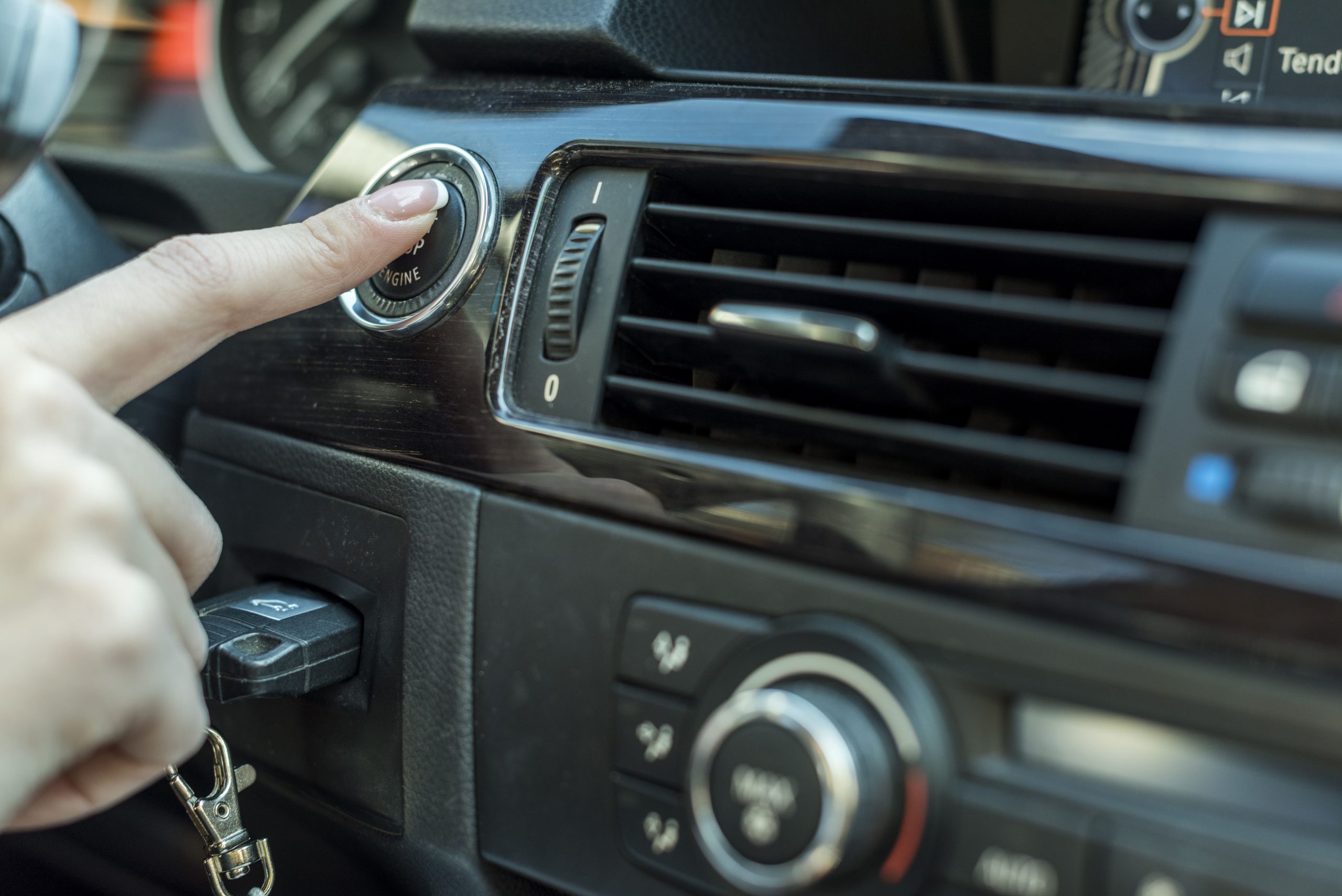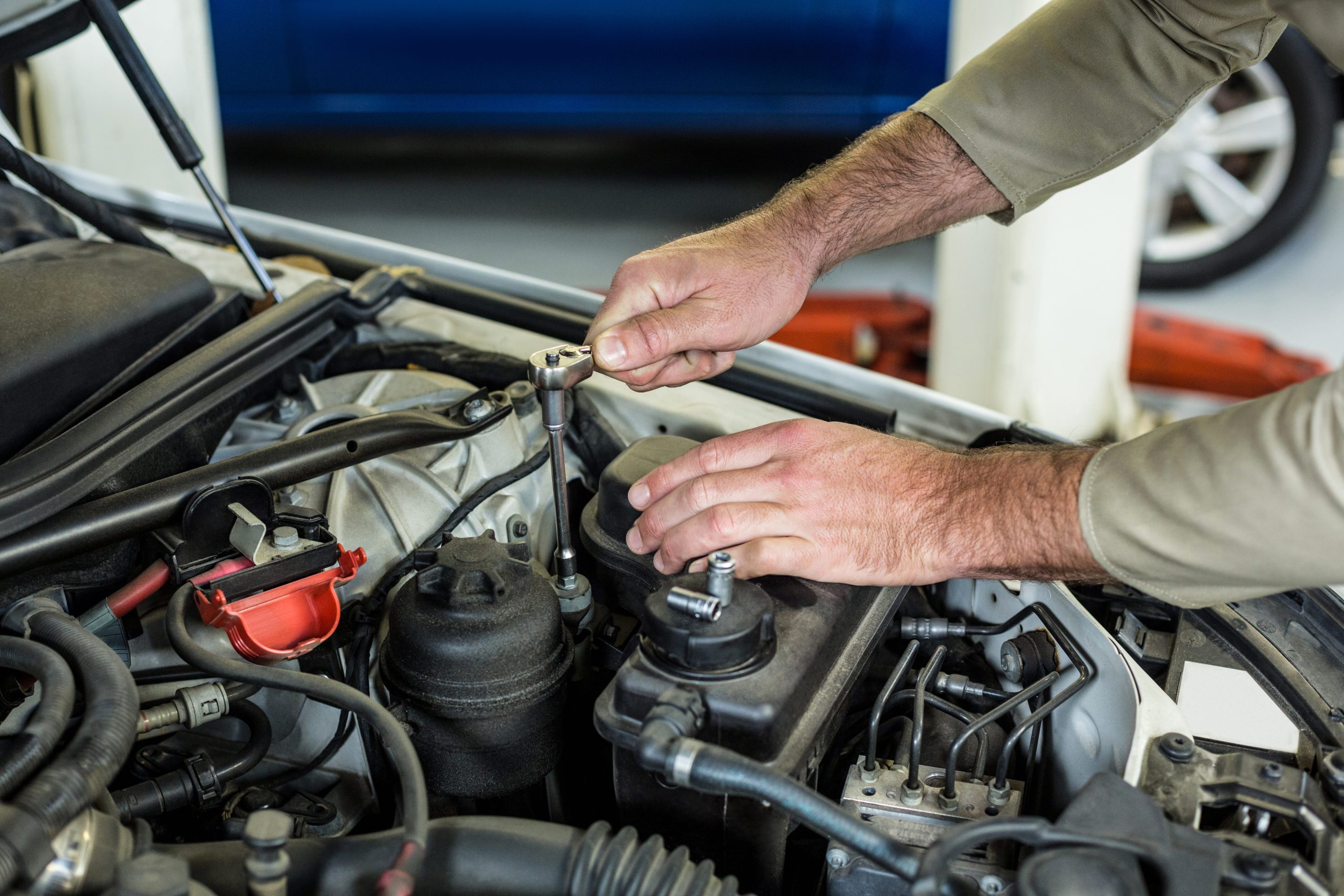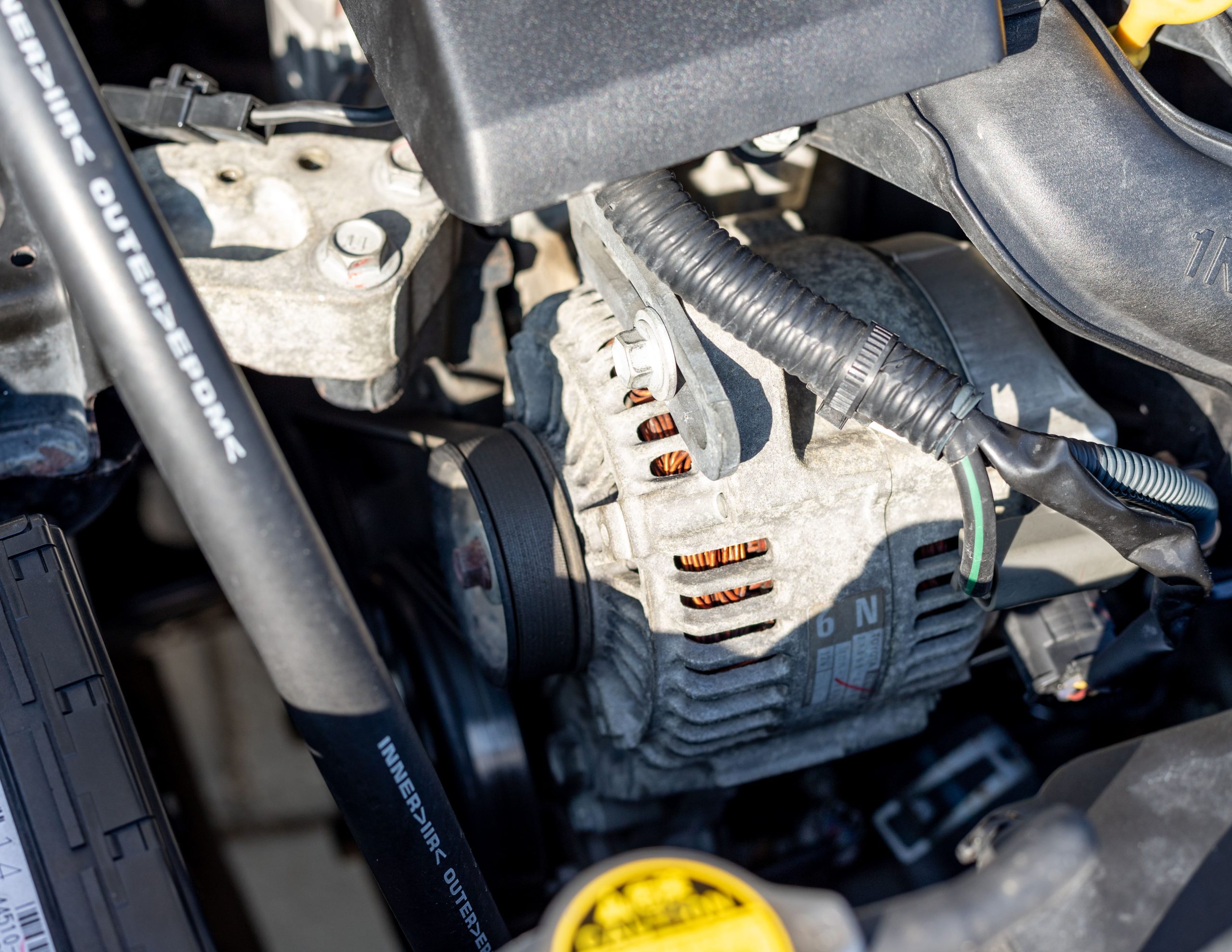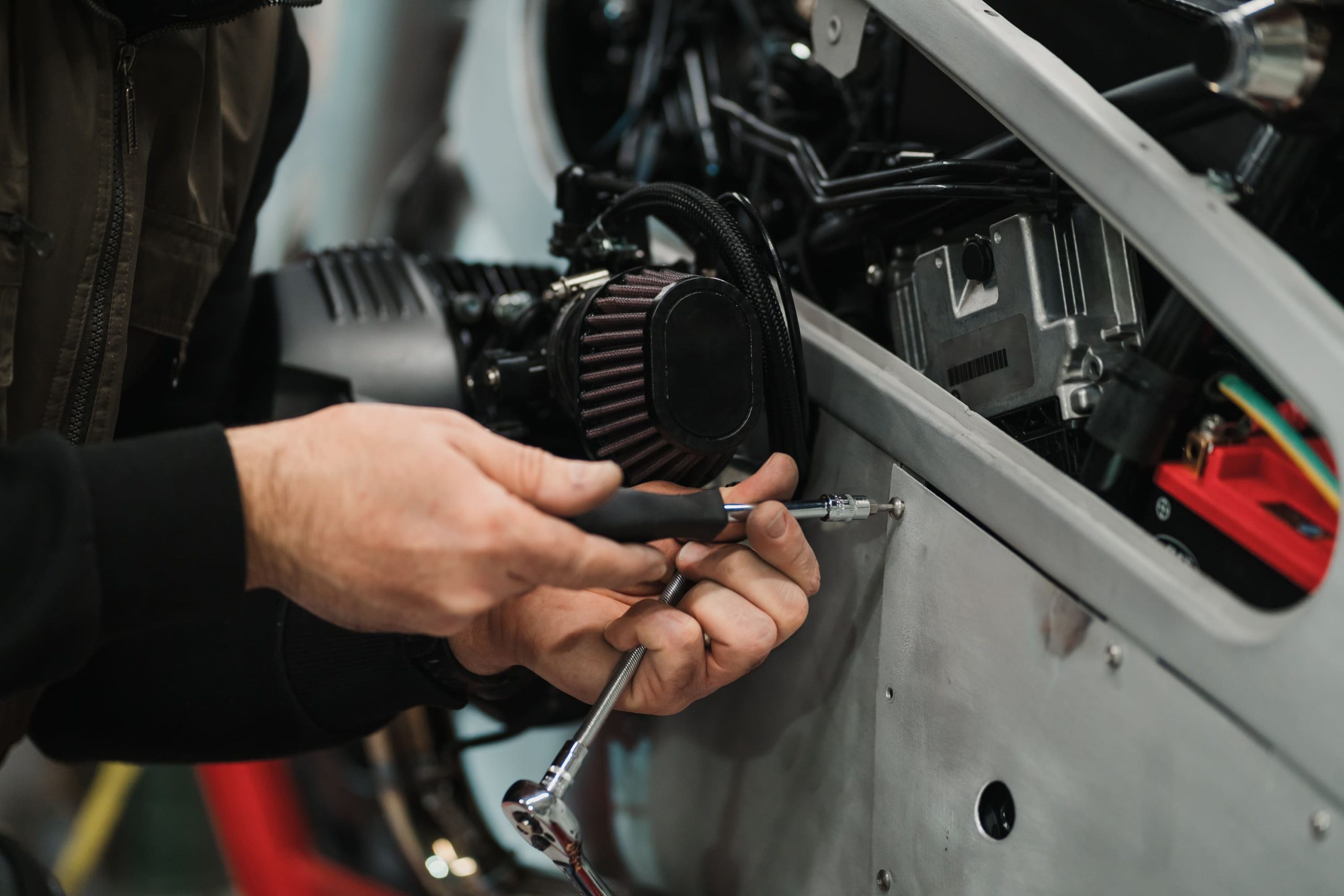Bad Auto AC Compressor Symptoms: 10 Warning Signs You Shouldn’t Ignore
For automotive service centers and distributors, identifying bad auto AC compressor symptoms is crucial for accurate diagnostics and effective maintenance. The compressor plays a central role in regulating refrigerant flow, ensuring steady cooling performance, and maintaining customer satisfaction.
When it starts to fail, pressure imbalances and mechanical wear can affect the entire AC circuit—causing reduced efficiency, higher warranty claims, and unnecessary downtime. Early recognition and proper intervention help extend component lifespan and protect system reliability.
How the AC Compressor Works in Modern Vehicles
In an automotive AC system, the compressor compresses low-pressure refrigerant gas into a high-pressure state, enabling heat exchange through the condenser and evaporator. It’s the driving force that keeps the refrigerant circulating.
If compressor efficiency declines, the entire AC system loses cooling capacity—resulting in temperature fluctuations, unusual noise, and possible contamination within the circuit. Early detection of performance issues enables workshops and distributors to reduce downtime, plan preventive maintenance, and maintain long-term reliability.
Weak or No Cooling at All
If the air from your vents feels warm or inconsistent, your auto AC compressor may not be generating enough pressure.
Possible causes:
- Internal valve failure
- Low refrigerant due to leaks
- Worn-out compressor clutch
Pro tip: Compare the air temperature at idle versus when driving — cooling that only works while moving often points to compressor inefficiency.
Strange Noises Under the Hood
A grinding, squealing, or rattling sound when the AC is turned on is one of the clearest bad auto AC compressor symptoms.
This noise may indicate:
- Bearing failure
- Misaligned pulley
- Damaged clutch or internal wear
Continuing to use the AC under these conditions can lead to a complete compressor seizure.
The Compressor Clutch Isn’t Engaging
The clutch allows the compressor to cycle on and off as needed. If it doesn’t engage, no compression occurs.
Common reasons include:
- Electrical relay failure
- Faulty clutch coil
- Low refrigerant level preventing activation
You can often spot this by observing the clutch pulley — if it’s stationary when the AC is on, there’s a problem.
Refrigerant or Oil Leaks
Oily residue around the compressor or AC lines is a telltale symptom of a bad auto AC compressor. Leaking refrigerant reduces cooling power and can damage the evaporator or condenser.
A UV dye test or professional leak detector can help confirm it.
Frequent Cycling On and Off
If your compressor keeps switching on and off rapidly, it might be:
- Overheating internally
- Receiving incorrect pressure signals
- Struggling with clogged expansion valves
This “short cycling” is one of the lesser-known bad auto AC compressor symptoms, but it often indicates an early-stage failure.
AC Only Works While Driving
When your AC cools effectively at high speed but not at idle, it’s usually due to weak compressor output or a failing clutch.
This occurs because higher RPMs temporarily mask the compressor’s inefficiency — a classic sign of impending failure.
Visible Damage or Rust on the Compressor
Corrosion, cracks, or physical damage on the compressor housing are warning signs.
External rust can lead to seal failure and internal moisture contamination, accelerating breakdown.
Airflow Is Weak or Inconsistent
A failing compressor can cause pressure imbalances that make cabin airflow irregular.
If you notice reduced airflow despite a clean cabin filter, it’s time to inspect compressor performance.
Strange Smells When AC Is On
Burning or chemical smells may suggest refrigerant leakage or compressor oil contamination.
This is one of the more dangerous bad auto AC compressor symptoms, since it can indicate internal overheating.
Dashboard Warning or Check Engine Light
Modern vehicles may display AC-related fault codes when compressor sensors detect irregular operation.
Have your OBD-II scanner checked for codes like P0530 or P0645, which often point to AC compressor circuit issues.
Other Causes That Mimic Compressor Failure
Not every cooling problem means your compressor is bad. Here’s how to distinguish similar issues:
| Symptom | Possible Cause | Compressor Involvement |
|---|---|---|
| Weak cooling only at idle | Cooling fan or airflow issue | Partial |
| Sudden loss of cooling | Low refrigerant | Indirect |
| No clutch engagement | Electrical relay / fuse | Possible |
| High-pitched hissing | Refrigerant leak | Possible |
If several warning signs appear at the same time, it’s a strong indication that the AC system should be professionally inspected and diagnosed before further damage occurs.
Repair or Replace: What’s the Right Move?
Depending on the condition of the system, professional technicians or maintenance teams usually decide between:
- Clutch replacement – ideal for light wear or non-engagement issues
- Seal replacement – suitable for minor refrigerant or oil leaks
- Full compressor replacement – required for seizure, internal noise, or contamination
When replacing the compressor, it’s essential to flush the system and refill new refrigerant oil to prevent repeat failures. Neglecting this step can shorten the service life of the new unit.
How to Prevent Future AC Compressor Problems
Preventive maintenance is the simplest way to avoid costly downtime and minimize compressor-related issues across your fleet or customer network:
- Run the AC periodically, even during off-season months, to keep seals lubricated
- Replace the cabin air filter at regular service intervals
- Maintain correct refrigerant and oil levels
- Inspect belts and pulleys for misalignment or wear
- Choose OEM-quality compressors and genuine replacement parts from trusted suppliers
Partnering with Aohui Autoparts gives service centers and distributors access to consistent quality control, stable inventory, and technical support for long-term projects and aftermarket programs.
Conclusion
Recognizing bad auto AC compressor symptoms early protects both your customer relationships and your bottom line.Whether you’re a repair workshop, distributor, or importer, proactive diagnosis prevents costly downtime.
Partner with Aohui Autoparts—a trusted manufacturer specializing in high-quality automotive AC compressors for global markets.





